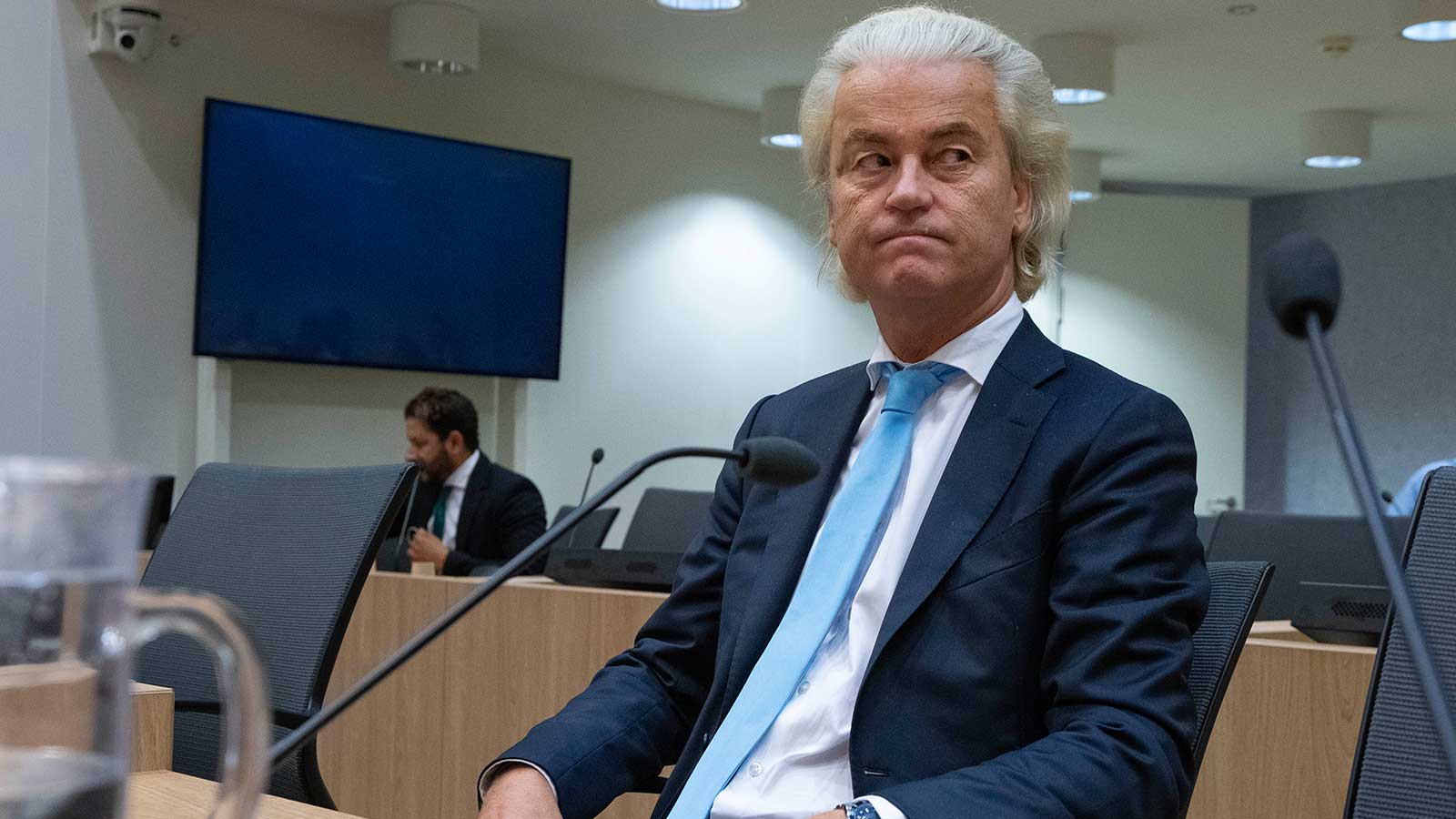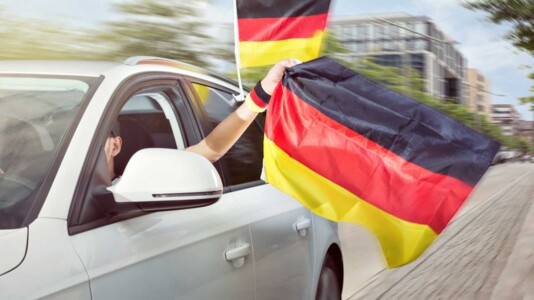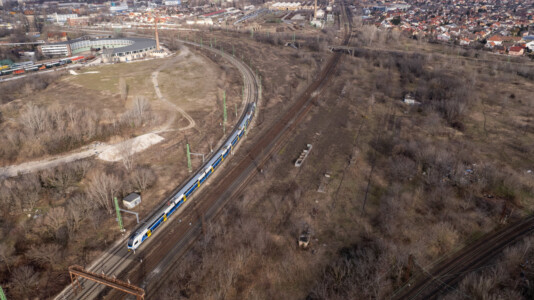Dutch election winner Geert Wilders has abandoned hopes of becoming the next prime minister of the Netherlands after coalition talks based on him leading the next government were unsuccessful.
In a statement on X, the Party for Freedom (PVV) leader appeared to suggest he would no longer seek to lead a new center-right administration and would step back for the greater good of the country.
“I can only become prime minister if all parties in the coalition support it. That was not the case,” Wilders wrote.
“I would like a right-wing cabinet with less asylum and immigration, and with the Dutch at number one.
“The love for my country and its voters is greater and more important than my own position,” the firebrand nationalist added.
Showdown talks were held over the past few days between the four parties seeking to form the next Dutch government, including the PVV, the current governing People’s Party for Freedom and Democracy (VVD), the populist Farmer–Citizen Movement (BBB), and the recently-formed New Social Contract (NSC).
Wilders did not disclose the details of the discussions, only confirming that there was not unanimity in favor of him replacing the outgoing Dutch Prime Minister Mark Rutte.
However, RTL‘s political reporter Fons Lambie claimed that the NSC, led by former Christian Democrat Pieter Omtzigt, proved to be the stumbling block for the outspoken conservative politician.
“For the NSC party, the idea of ’Prime Minister Wilders’ was a nightmare. It was already highly uncertain, but it seems that the final push was given in recent days,” Lambie wrote.
The Telegraaf reported on Tuesday that an initial agreement had been made between the four coalition party leaders that none of them would hold the office of prime minister, instead forming an extra-parliamentary cabinet comprising other politicians and non-politicians who are experts in their fields.
The four party leaders would continue as MPs in the Tweede Kamer – the lower house of the Dutch bicameral parliament.
It is understood that no firm candidate has yet been agreed upon to lead the next Dutch government.
“The bottom line is that someone is being sought with a right-wing, center-right profile who is acceptable to the parties and has enough political experience to save this special cabinet. It is not yet clear where that search will end,” Lambie reported.
Wilders, whose party stormed to victory in the November election and has only seen its stock continue to rise in the polls during coalition talks, remained upbeat about his prospects of one day leading the country.
“Don’t forget: I will still become Prime Minister of the Netherlands. With support from even more Dutch people. If not tomorrow, then the day after tomorrow. Because the voices of millions of Dutch people will be heard!” he wrote on X.





